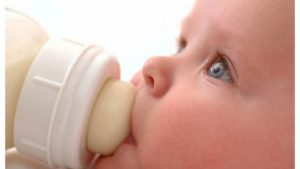Greek Development Minister Kostas Skrekas on Wednesday announced a handful of measures to contain surging food prices in the country, as Greece has recorded an almost five-fold hike for essential goods over the past year, compared to the EU average.
Higher costs of living, especially ‘biting’ prices on supermarket shelves, has emerged as a priority for the Mitsotakis government to tackle, while qualifying as one of the biggest threats faced by households, according to opinion polls.
Skrekas cited four main measures aimed to contain prices and curb profiteering, namely:
Reduction of Supplier Rebates: Decreasing rebates to supermarkets to ensure lower prices for consumers. Discounts for suppliers to supermarkets are limited by 30%, with the benefit transferred to consumers. This will be implemented for products such as detergents, household cleaners, toothpaste, shower gels, shampoos and baby diapers.
Prohibition of Promotions: Companies increasing product prices are not allowed to carry out promotional activities for three months. The obligation does not apply to businesses maintaining or reducing prices.
Net Prices from Field to Shelf: Suppliers are required to sell products at retail at net prices. Only a 3% credit invoice for product or batch returns is allowed. This measure applies to fresh fruits and vegetables as well as meat.
Cap on Baby Milk: A cap is imposed on baby milk formula for companies that produce, import, and distribute milk in Greece. The cap is defined as the sum of the company’s operational cost for the specific product category and a profit margin of 7%.
The minister made mention of the ongoing inspections by the market watchdog, citing 2023 data which showed that a total of 25,267 checks had been carried out, resulting in 1,865 fines amounting to EUR 13.416 million.
Skrekas reminded that notable disparities were still present in specific product categories compared to the rest of Europe, condemning these practices and stating that they would not be tolerated.




